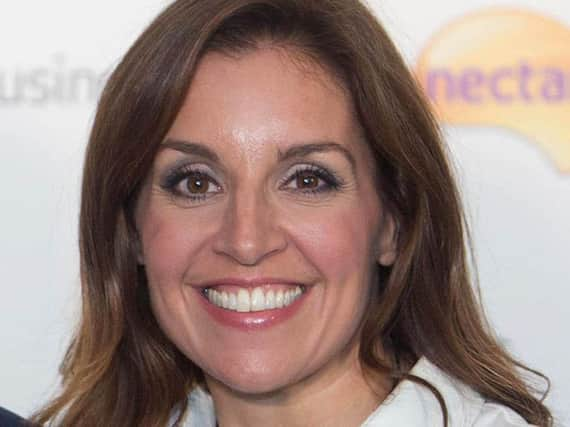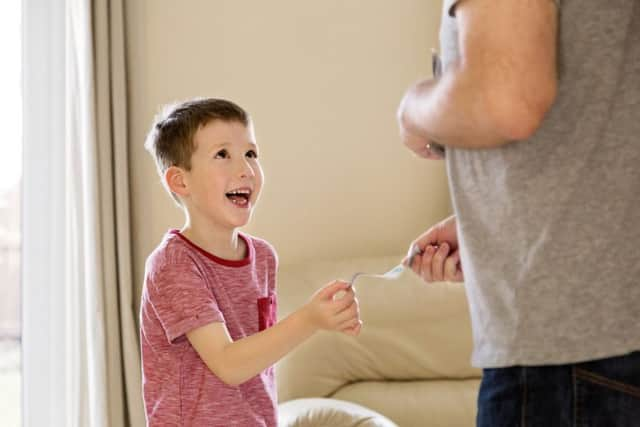Sarah Willingham: Pocket money should be earned not expected


Dragons’ Den star Sarah Willingham is a firm believer that pocket money should be “earned not expected”.
The consumer champion and businesswoman, who has four children, has worked with credit checking company Experian to develop a free app called Jangle, to help children aged between seven and 11 to develop money skills.
Advertisement
Hide AdAdvertisement
Hide AdExperian’s research has found that 85 per cent of parents who hand out pocket money say their children do not always have to do anything in return for it. More than half of parents who give their children pocket money do so every week, forking out £8.07 on average, Experian’s survey of more than 1,500 parents found. But one in 10 just hand out pocket money when their child asks for it - handing over £54.31 typically per time.Previous research suggests that children tend to form their money habits from a very young age. And as we know from watching Dragons’ Den, entrepreneurial hopefuls who don’t have a grip on their finances swiftly run into trouble during pitches.


Willingham feels strongly about setting youngsters up with vital money know-how to help them throughout their lives.
She says she will “never forget” the value of the money she earned on a paper round as a youngster.
“If you’re given a pound and then you go and spend that pound, it’s very different to if you’ve spent half an hour sweeping leaves,” she says.
Advertisement
Hide AdAdvertisement
Hide Ad“I do think that pocket money is actually a perfect place to start because pocket money is often the first time that children have any relationship with money really themselves, they have something in their pocket.


“By encouraging kids at a young age to earn that money, not just handing it out, and to save for things is a great place to start because often that conversation is child-led.”
Willingham often chats to her children about prices and weighing up the best deals when going round the supermarket. She also says her children played at setting up a “restaurant” in their home and they discussed all the costs that went into serving food.
“It was a great learning process, because if you sell a cappuccino for £1, who’s making it, who’s putting the electricity on, who’s renting that property, etc etc and ultimately you’re actually making 16 per cent or something off that cappuccino, but it’s important to understand everything that goes into it.
Advertisement
Hide AdAdvertisement
Hide Ad“So I do think the more we can think outside the box like that as parents - it’s game playing. And it’s great to do it from a really young age. It’s so much fun as you see their brains think about stuff like that, it’s really cool.”